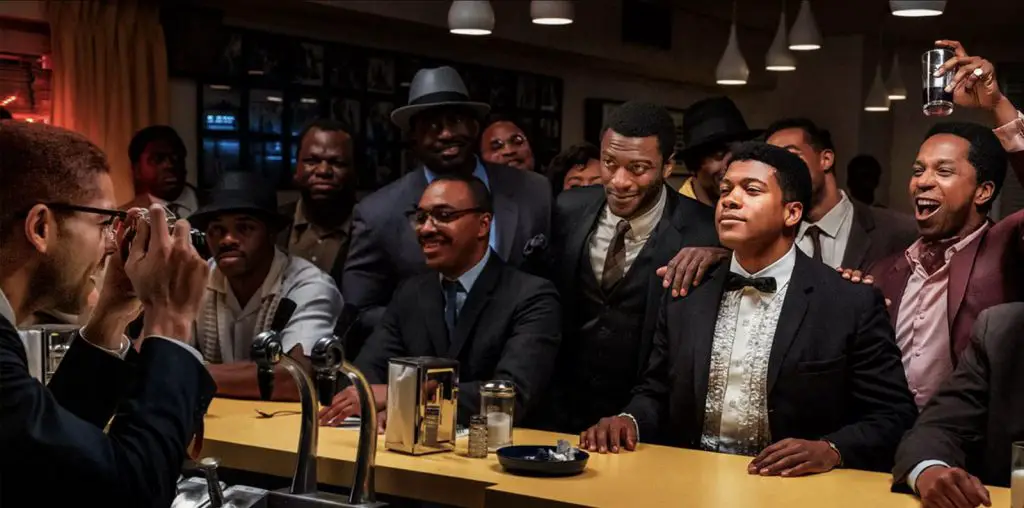
“Mother and Son” was recently screened at the Museum of Modern Art in New York City as part of a major retrospective of the films of Alexander Sokurov, the Russian director whose films were banned in his own country until the fall of the Soviet Union, as much due to their unorthodox form as to their political content.
A grown man and his dying mother spend the last few hours of her life together in a stone cottage and the surrounding landscape. The son cares tenderly for his mother, trying to feed her and keep her comfortable, reading old postcards to her, and, at her request, carrying her around the rocky, desolately beautiful countryside. In the last part of the picture, the son walks through the same landscape alone.
There is almost no dialogue and very little music in this film. The soundtrack is a montage of distant thunder, bells, bird calls, train whistles, and the character’s tenderly whispered, sparse conversation. (He asks her if she has liked living in the cottage. She confesses that she’s afraid of dying.)
Most of the imagery is of intensely dramatic and romantic landscapes, strongly reminiscent of the paintings of Caspar David Friedrich. Everything takes place at those moments where one part of the landscape is drenched in late afternoon light and another part looks like it’s about to receive a torrential downpour. The rocky hills are covered with lush greenery, and the garden blooms ironically. (“I don’t want the Spring to come,” says the Mother.) The only sign of human habitation is the moving puff of smoke from a train which occasionally passes by in the far distance.
Watching “Mother and Son” is like taking a long walk in the countryside while someone you love is dying. The immense beauty of the imagery and sound is both comforting and wrenching; suddenly, you see again what a gorgeous world we live in, and how agonizing it is to leave it. Paradoxically, the film makes you feel more aware of being alive. The glacial slowness of the pacing, warranted by the sumptuousness of the images, makes you aware of each breath. The images, oddly elongated by anamorphic lenses, make you feel as if the whole world were stretching out, the way shadows do when evening approaches.
The film is largely unpsychological. We never find out much about who this particular mother is, why she is dying, or who the son is. Rather, the film is like a poem or meditation on death. The tender devotion between the two characters highlights the pain of their separation.
Sokurov’s style is strongly reminiscent of Eastern European ‘minimalist’ composers like Arvo Pårt and Henryk Gorecki. Like their music, his film has a stripped-down language which bears a superficial resemblance to American minimalist art, but it is imbued with a vast sense of sorrow and a spiritual reverence which marks the sensibility of artists who came of age in the Eastern Bloc countries.
I was with each of my parents in the final moments of their lives, and it is an experience that has changed forever the way I view life and death. “Mother and Son,” more than any film I’ve ever seen, captured the poetic essence of having to say goodbye to those who brought you into the world.
